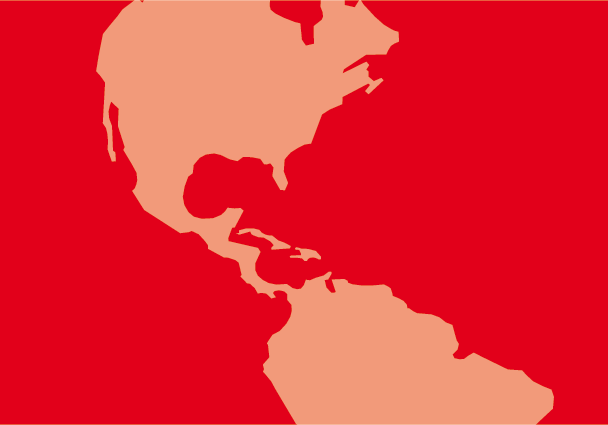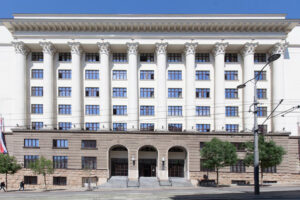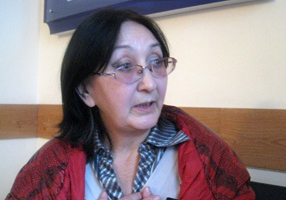
Jul 2, 2014 | News
The ICJ today expressed serious concern at the reported apprehension and placement in a psychiatric facility of lawyer Zinaida Mukhortova.
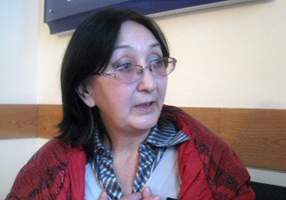
Jul 2, 2014 | Новости, Статьи
Сегодня МКЮ выразила серьезную обеспокоенность в связи с сообщением о задержании адвоката Зинаиды Мухортовой и ее помещении в психиатрическую больницу.
Представляется, что данное задержание является произвольным и направлено на запугивание адвоката, в нарушение предусмотренных международным правом обязательств Казахстана по соблюдению права на свободу и по защите адвокатов от запугивания, заявила МКЮ.
По сообщениям «Кадыр Касиет», правозащитной организации из Казахстана, сегодня в 10 часов 15 минут утра Зинаиду Мухортову (на фото) силой увезли шестеро мужчин (предположительно сотрудники полиции под видом электриков), когда адвокат гостила у своих родственников в Балхаше.
Сообщается, что мужчины ударили по голове 14-летнего внука адвоката, отшвырнув в сторону ее пятилетнюю внучку.
В последнее время семье Зинаиды Мухортовой неоднократно поступали сведения о том, что ее разыскивает полиция; сегодня она была задержана в квартире, где находилась вместе с внуками.
Ранее Зинаида Мухортова дважды направлялась на принудительное лечение в психиатрическую больницу.
По мнению МКЮ, это составило произвольное лишение свободы в нарушение международного права.
В обоснование задержания адвоката власти ссылались на наличие «психического расстройства» по таким признакам, как «возможное возникновение кверулянтской деятельности» и «сутяжничество», что свидетельствует о том, что лишение адвоката свободы было напрямую связано с осуществлением ею профессиональной деятельности.
3 декабря 2013 г. МКЮ провела наблюдение за ходом апелляционного заседания по делу, в котором суд второй инстанции подтвердил законность задержания адвоката.
По итогам слушания МКЮ выразила обеспокоенность в связи с тем, что данное решение может поставить адвоката Мухортову под угрозу задержания в будущем.
МКЮ призывает власти обеспечить, чтобы право не подвергаться произвольному задержанию и право на судебный пересмотр решения о задержании полноценно и эффективно гарантировались как на уровне законодательства, так и на практике и чтобы адвокат не была лишена свободы в нарушение национального процессуального законодательства и международного права.
МКЮ продолжает следить за делом адвоката Зинаиды Мухортовой
Контакты:
Роушин Пиллей, директор Региональной программы МКЮ по Европе, roisin.pillay(a)icj.org
Тимур Шакиров, правовой советник Региональной программы МКЮ по Европе, temur.shakirov(a)icj.org
Kazakhstan-Detention of Lawyer Mukhortova-news-web story-2014-rus (полный текст, PDF)
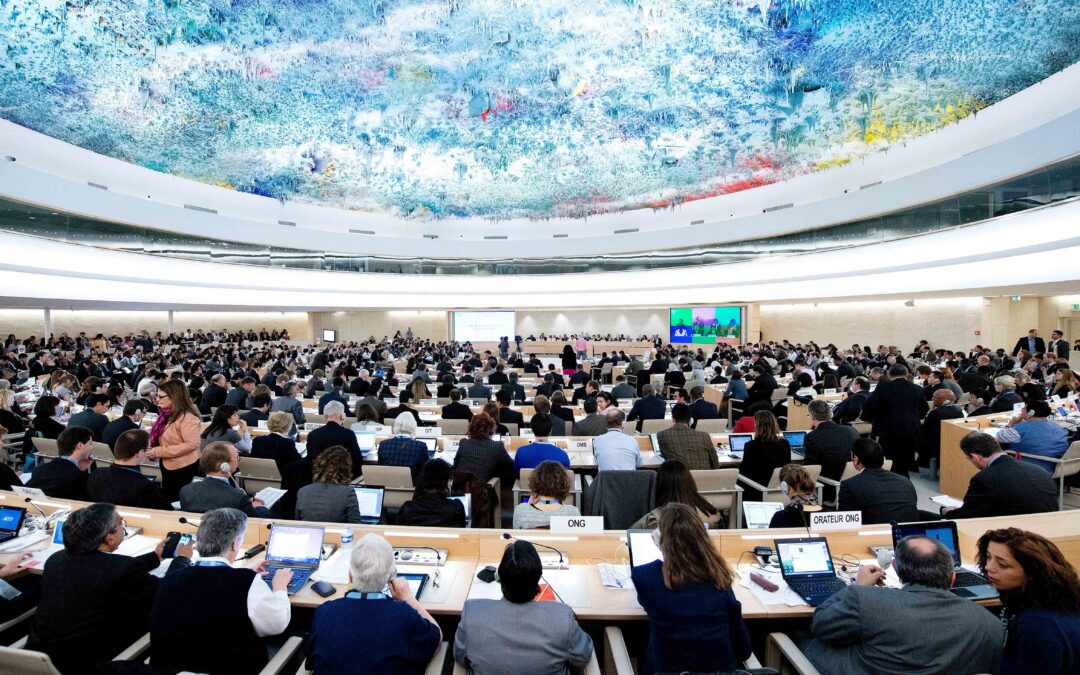
Jul 2, 2014 | Advocacy, Position papers
The ICJ and other NGOs have issued a joint statement urging the UN Human Rights Council to ensure that a discussion of “protection of the family” in September will reflect diversity and focus on human rights.
The ICJ is concerned, due to the way the resolution to establish the Panel discussion has been pursued, that some States will seek to exploit it as a vehicle for promoting a narrow, exclusionary and patriarchal concept of “the family” that denies equal protection to the human rights of individuals who belong to the various and diverse forms of family that exist across the globe.
Previous UN resolutions on the family include language, agreed by all States, that recognized that “various forms of the family exist”. The authors of the resolution deliberately omitted this language, despite this issue being consistently raised by other States throughout the negotiations.
A wholly inappropriate procedural tactic was used by some states to block discussion of a proposed amendment that would have restored the “various forms” language.
Efforts to ensure that the resolution clearly acknowledged and addressed the fact that the family is also a setting in which human rights abuses sometimes take place were partially successful.
The Panel topic will be “on the protection of the family and its members to address the implementation of States’ obligations under relevant provisions of international human rights law and to discuss challenges and best practices in this regard” (emphasis added).
The resolution reaffirms “that States have the primary responsibility to promote and protect the human rights and fundamental freedoms of all human beings, including women, children and older persons”. Unfortunately, however, the text of the resolution still does not give enough emphasis to this important aspect.
The organizations affirm that they will continue to insist on recognition that various forms of the family exist, and that individuals should not be discriminated against as a result of the form of family to which they happen to belong.
States should not fail to promote and protect the rights of persons because they belong to particular forms of family.
The organizations will continue to insist that the promotion and protection of the human rights of individuals within all families must be of the paramount importance to the UN Human Rights Council.
The joint statement may be downloaded in PDF here: HRC26-Joint statement family resolution-Advocacy-Position paper-2014
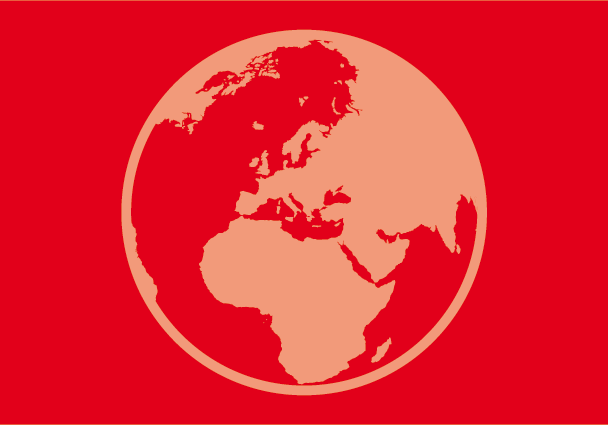
Jul 1, 2014 | Events, Uncategorized
The ICJ’s Director of International Law and Protection Programmes, Alex Conte, today addressed the Human Dimension Committee of the Organization for Security and Co-operation in Europe (OSCE) on the subject of human rights and terrorist listing and sanctions regimes.
The ICJ’s intervention:
- Provided an overview of the procedures for the listing and delisting of individuals or entities in the sanctions lists of the Security Council’s Al-Qaida and Taliban Sanctions Committee;
- Outlined the legal challenges and implications concerning the relationship between human rights and relevant Security Council resolutions, emphasising that regional courts have held States to account for any violation of human rights, irrespective of whether this comes about as a result of implementing Security Council listing and sanctions resolutions; and
- Identified some minimum safeguards applicable by States in their implementation of sanctions.
